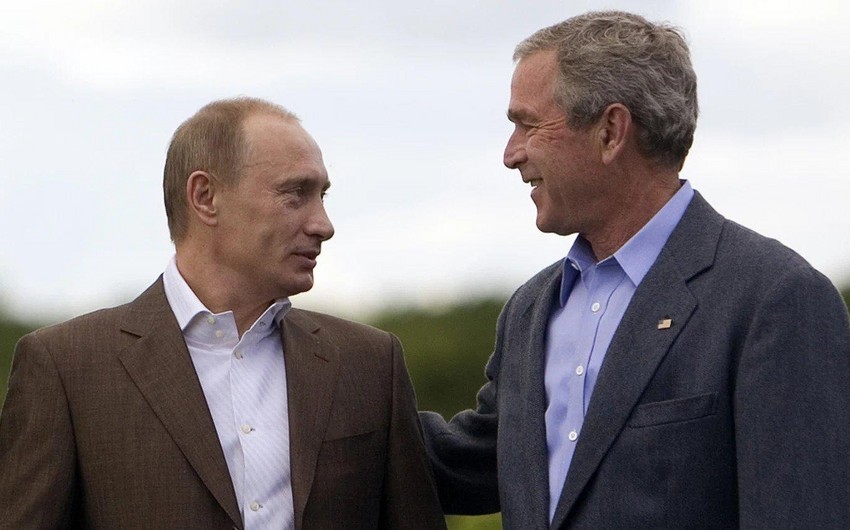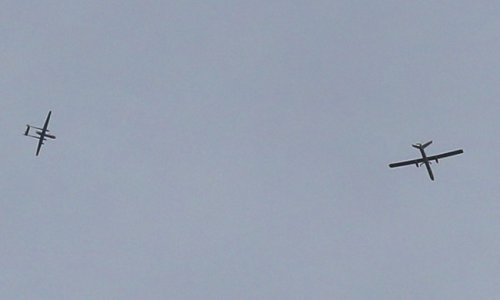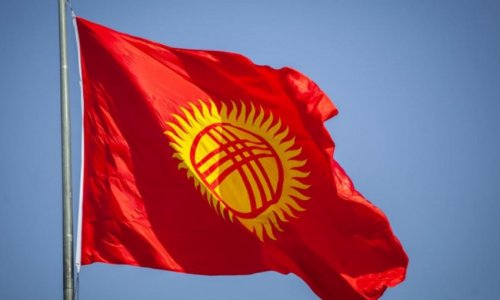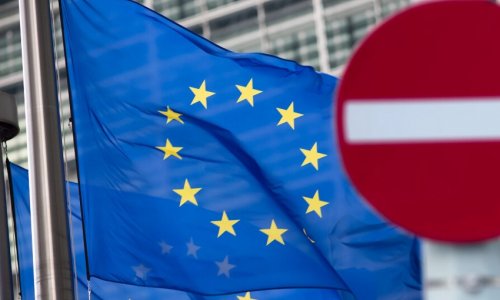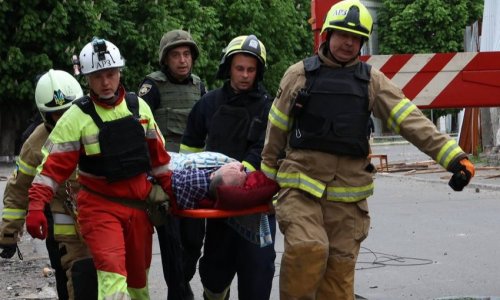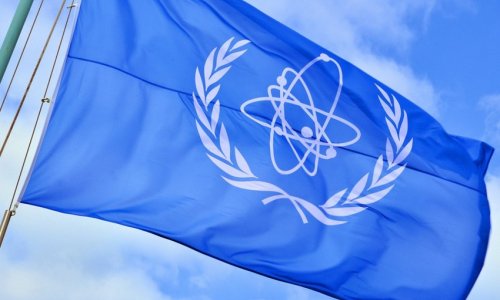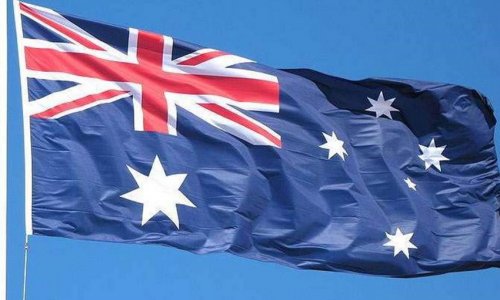Ignatius got acquainted with a collection of declassified materials on the US foreign policy written during the transfer of cases from the administration of George W. Bush to the administration of Barack Obama in 2008-2009.
Bush had maintained a surprisingly close relationship with the Russian leader, centered on a counterterrorism alliance. The United States was battling al-Qaeda at the time; Russia was fighting Chechen separatists. But Putin came to believe that America was an unreliable, hypocritical partner - and that belief would curdle into the open feud that has deepened, year by year.
So, here are some little-known facts: The Russian-American counterterrorism alliance ruptured after a September 1, 2004, attack by Chechen separatists on a school in Beslan, in the Russian region of North Ossetia. When the Russian authorities regained control on September 3, 333 people were dead, including 186 children, plus 31 attackers. In the aftermath, Putin blamed the United States for encouraging the separatists by offering asylum to "moderate” Chechens and urging Russia to negotiate with them.
"Not only was Putin the first world leader to reach out to President Bush following the September 11 terrorist attacks, but he was also broadly receptive to President Bush’s initiatives, demonstrating early support for the War on Terror and US operations in Afghanistan,” noted a January 2009 secret memo prepared by the Bush NSC’s Russia directorate.
Then came Beslan. Did Putin have any grounds for his claim afterward that America was aiding the Chechen separatists? According to a careful review of the evidence by the Belfer Center at the Harvard Kennedy School, Putin was "partially correct.” The Belfer report noted that the United States in 2004 granted asylum to Ilyas Akhmadov, who was foreign minister of a Chechen separatist government in exile. The Bush administration initially opposed Akhmadov’s asylum request but then changed position.
In late 2004, Putin’s anger at what he saw as the West’s machinations would increase when Ukrainian opposition leader Viktor Yushchenko won the presidency over the Kremlin-backed candidate, Viktor Yanukovych. Russia’s power was slipping around its borders, and Putin was unable to reverse the disintegration.
Though Putin has argued that NATO expansion was the reason he felt betrayed, Bush administration officials say he didn’t express it at the time. "While displeased, Russia swallowed with little acrimony NATO’s admission of seven Central European states in 2004,” Graham writes.
"This "alternative history” doesn’t condone or excuse Putin’s horrific crimes in Ukraine. His invasion of his neighbor was the illegal, unjustifiable act of a ruthless authoritarian. But in assessing the roots of such a conflict, it’s useful to understand the mind of the adversary - and to see clearly the pathway to disaster,” reads the article.
www.anews.az
Follow us !

